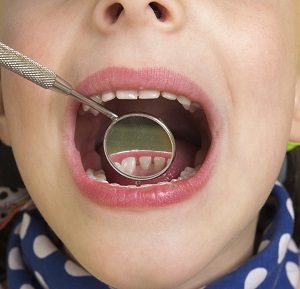
When you have any cavities in your teeth, you need to know how to treat them.
Despite several years of not having your teeth cleaned, for the most part, all is well. Then you hear you have a flossing cavity. These are easy to fix since it just means you need to start flossing more regularly. Still, when you have any cavities in your teeth, you need to know how to treat them.
Cavities Caused by Root Decay
Root decay often accompanies gum recession. As its name implies, this type of tooth decay is on the root of the tooth itself.
Caused by Pit Decay
Your back teeth are just as important as your front teeth. Pit decay can cause cavities back here, but you’ll have to be more vigilant about brushing your teeth and make sure you reach every surface with your toothbrush. Use mouthwash and floss if necessary.
Caused by Surface Decay
Plaque and tartar cause these cavities. Fluoride should be all you need to get rid of them; consequently, these are the easiest to treat.
Possible Treatments
Crowns: Tooth decay can leave your teeth vulnerable to infections. Fortunately, the crowning procedure will salvage any part of the tooth that can be saved. The tooth will be cleaned and repaired before a porcelain crown is inserted as a replacement tooth. However, completing all of these steps may require more than one visit.
Root Canals: Eventually, your teeth enamel might be too damaged by the effects of cavities. Exposed nerves can die, and you will need a root canal to stop the intense pain that accompanies nerve damage. The nerve itself will be removed after some local anesthetic is applied to numb the pain. Sealants will be used to close up the hole, and a crown will protect the area around the root canal.
Teeth Extractions: Pulling teeth sounds like a painful proposition that will make you anxious to return to your dentist. Luckily, you’ll only need tooth extractions in the direst cases, when there’s too much damage left by your cavities. Fortunately, for the teeth that are easier to reach, you might not need anesthesia unless you would prefer it. Extracting teeth leaves a gap that can be filled with a bridge or implant in the original tooth’s place.
KEEP YOUR TEETH HEALTHY WITH ANNAPOLIS DENTAL CARE!
Whether it’s a regular check-up you need or a tooth extracted, Annapolis Dental Care has the expertise and compassion to work with you on improving your oral health. Your comfort and health are our top priorities, and so we go above and beyond to make our patients happy and give them the highest quality care. To set up an appointment today, please give us a call at 410-571-5014 or visit us online. For more oral health tips for you and your family follow us on Facebook, Twitter, Google+ and YouTube! We are always looking to accept new patients, so if you live in Arnold, Annapolis, or Anne Arundel County, MD, come on down!
